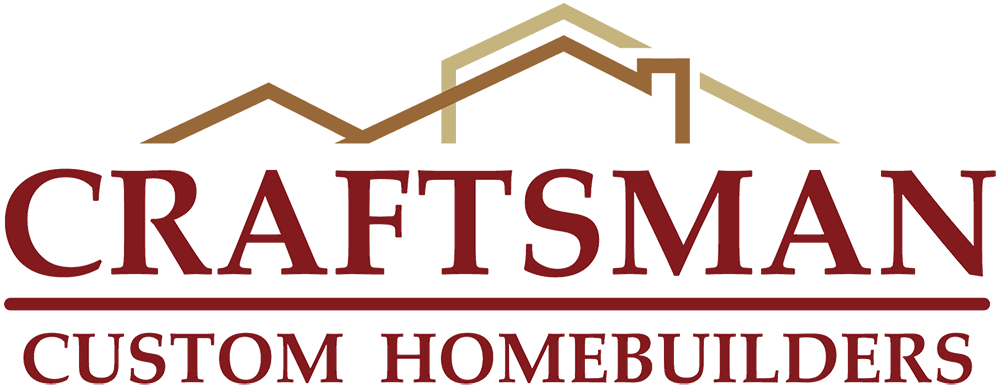With regard to land, our customers tend to fall into one of three categories: those that already own property, those that that have purchased property but are still paying on it and finally those that are planning to purchase property as part of their entire custom home package. The financing is structured the same way in all cases, but the initial steps differ slightly. In all land situations, you will need at a minimum a “Construction Agreement” with your builder, detailing pricing, specifications, terms and plans in order to apply for financing. A lender will not accept a mortgage application without this agreement as it’s a key component in determining the final value of the property and loan.
All construction financing is based on the total value of the house, site preparation (well, septic, excavation, etc.) and the land. The difference is simply in how much the value of the land counts as down payment (or as the bank looks at it, how it affects the LTV or loan to value).
Let’s just look at the three scenarios separately.
Scenario 1: Owning your land outright
In the cases of owning your land, or partially owning your land, you can often finance even your loan closing costs out of the equity in your property, allowing you to build with no money out of pocket. If you already own your property outright, the bank will still do exactly the same appraisal process. They’ll take your home plans out to your property and the appraiser will estimate the value of the entire property when the house has been built. In that scenario, if the appraiser feels the entire property will be worth $200,000 when completed, and you need $160,000 to build, then it is an 80% LTV. Your land is the same as cash to the bank so you have 20% down.
Scenario 2: Land purchased but not yet owned outright
In a similar scenario, the appraiser says the property will be worth $200,000 when it’s completed, but you still owe $10,000 on the land. In that case you’ll need to borrow the $160,000 to build plus the $10,000 to pay off the land, a total of $170,000, which would then be an 85% loan to value, or 15% down. Still a very good loan for you and the bank.
Scenario 3: Buying the property & the home at once
Buying the property and building the home in the same mortgage? The process is the same, but you would have to bring your normal down payment to the closing. The property is still appraised with the new home on it – let’s stick with the $200,000 figure. In that case the maximum you could borrow would be 97%, so you would need at least $6000 plus your loan closing costs.
Stay tuned for the next edition of “Craftsman Custom Tips”: What style home will really give me the most house for the money – and why?
Additional Articles
Cost saving tips for building and financing a custom home
Building & financing a custom home can be confusing even under the best economic conditions. Throw in rising rates, labor shortages & sustained supply chain challenges & the task grows in difficulty & cost. Thankfully, there are things you can do to help ensure a smooth process & a cost that is as economical as possible.
Read moreSpring 2022 Homebuilding Update
As we enter the 2022 spring homebuilding season, we enter with significant uncertainty. While new construction both locally and nationally has reached its highest level since 2006, challenges remain. If you’re looking to start building your home this year, there are several important factors that you should consider in that decision.
Read more
